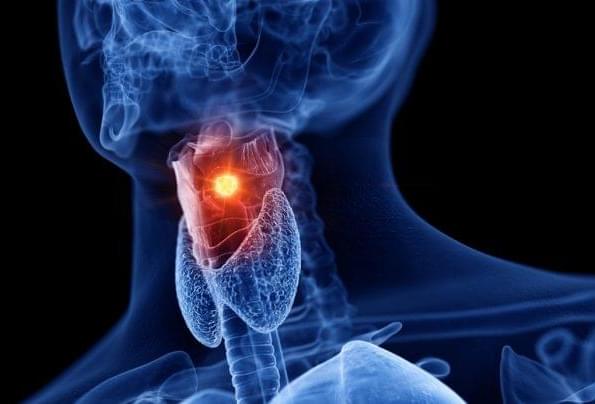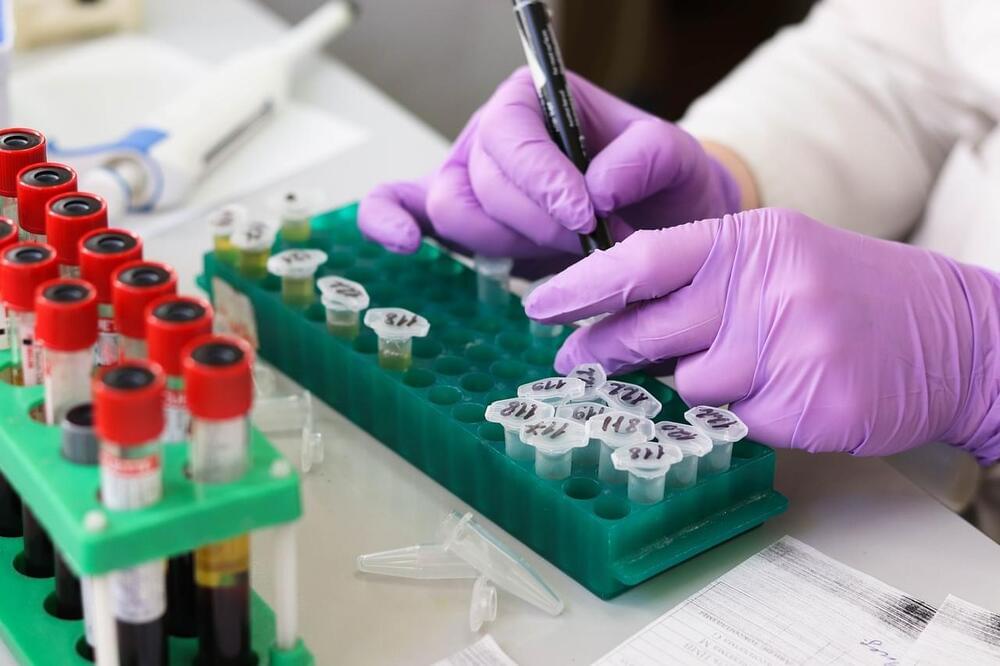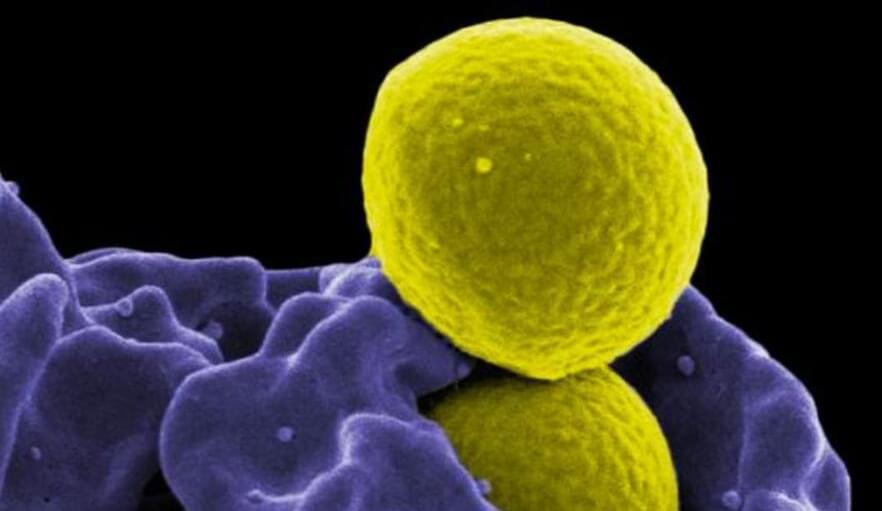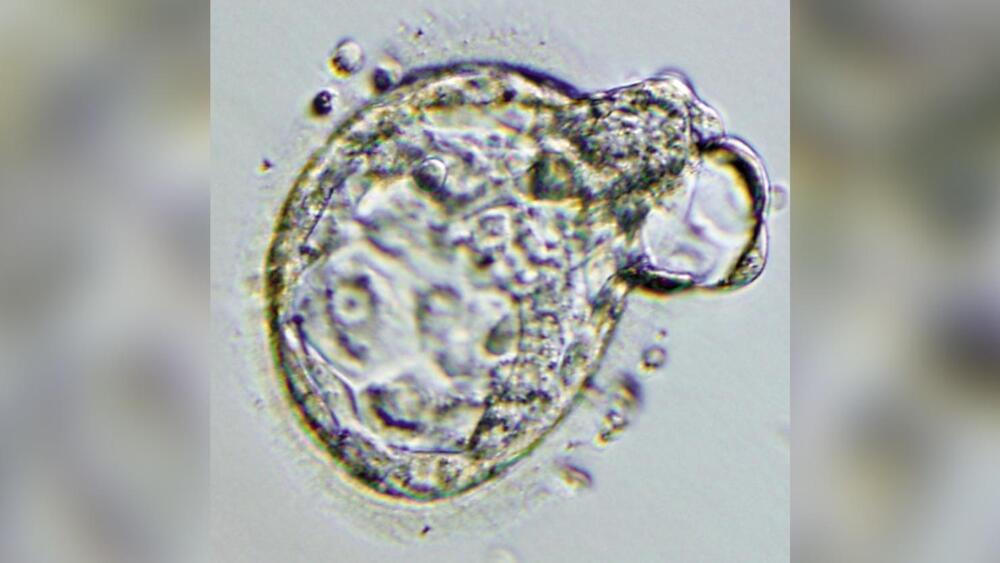face_with_colon_three Year 2020
Cyanobacteria — colloquially also called blue-green algae — can produce oil from water and carbon dioxide with the help of light. This is shown by a recent study by the University of Bonn. The result is unexpected: Until now, it was believed that this ability was reserved for plants. It is possible that blue-green algae will now also become interesting as suppliers of feed or fuel, especially since they do not require arable land. The results have now been published in the journal PNAS.
What do rapeseed, avocado and olive tree have in common? They are all used by humans as producers of oil or fat. However, the ability to produce oil from water and carbon dioxide with the help of light is something that is essentially common to all plants, from unicellular algae to the giant sequoia trees. “We have now shown for the first time that cyanobacteria can do the same,” explains biologist Prof. Dr. Peter Dörmann from the Institute of Molecular Physiology and Biotechnology of Plants (IMBIO) at the University of Bonn. “This was a complete surprise, not only to us.”
Until now, experts had assumed that cyanobacteria lack this property. After all, they are actually bacteria, even if their trivial name “blue-green algae” suggests otherwise. They therefore differ considerably from plants in many respects: Cyanobacteria are closer related to the intestinal bacterium E. coli than to an olive tree. “There are indeed ancient reports in the literature that cyanobacteria can contain oil,” says Dörmann. “But these have never been verified.”







